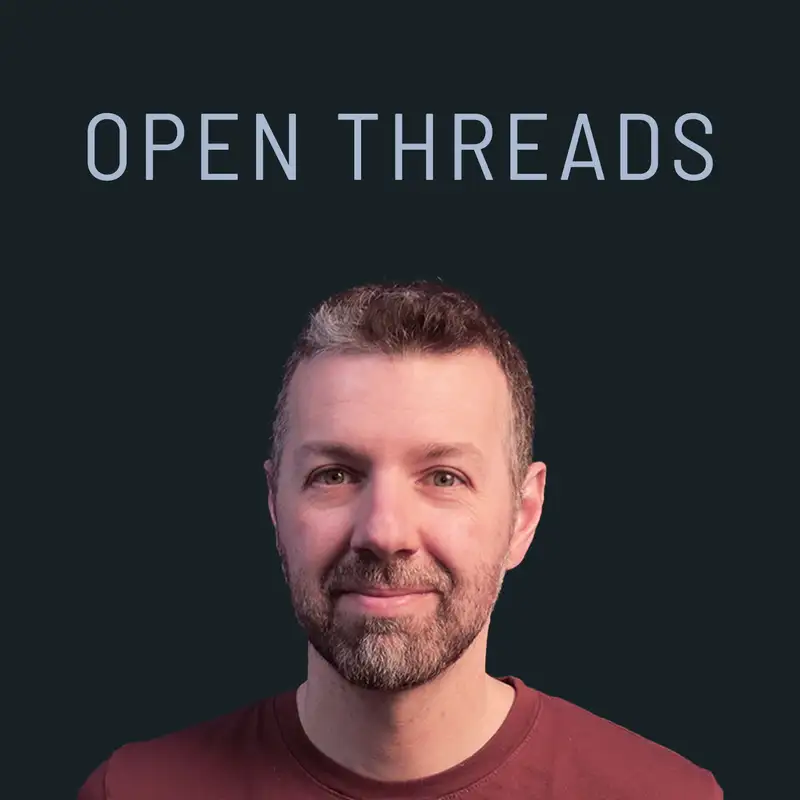Portfolio of products vs. focus on one with Dan Rowden
Dan Rowden, founder of ilo, and I share our experiences running multiple products simultaneously vs focusing on one.
Brian and Dan's conversation was recorded on September 26, 2022.
Brian and Dan's conversation was recorded on September 26, 2022.
Creators and Guests

Host
Brian Casel
Teaching product skills at https://t.co/slTlMF8dXh | founder @Clarityflow | co-host of https://t.co/pXrCHLdDwe

Guest
Dan Rowden
Designer/developer.Building https://t.co/pwZl95Rkbf 🎙️ $0 MRRWebmaster at https://t.co/sC31Lx4BxX 👨🏻💻 $1.9K MRRDeveloper Experience Engineer at https://t.co/hZjmutDzwa ✉️

